Labour
How to submit an article:
- Registered users can submit any published journal article that has a unique DOI (Digital Object Identifier) name or link to Research Hub.
- For example, you can paste the full DOI link:
https://doi.org/10.1109/5.771073or just the DOI name:10.1109/5.771073into the field above and click submit. - The person who is first to submit a valid article to Research Hub will forever be credited for it, and every article submission earns you +6 Research Points.
Published research studies are articles that present the findings of original research that has undergone a peer-review process and has been made publicly available in scholarly journals, books or other media.
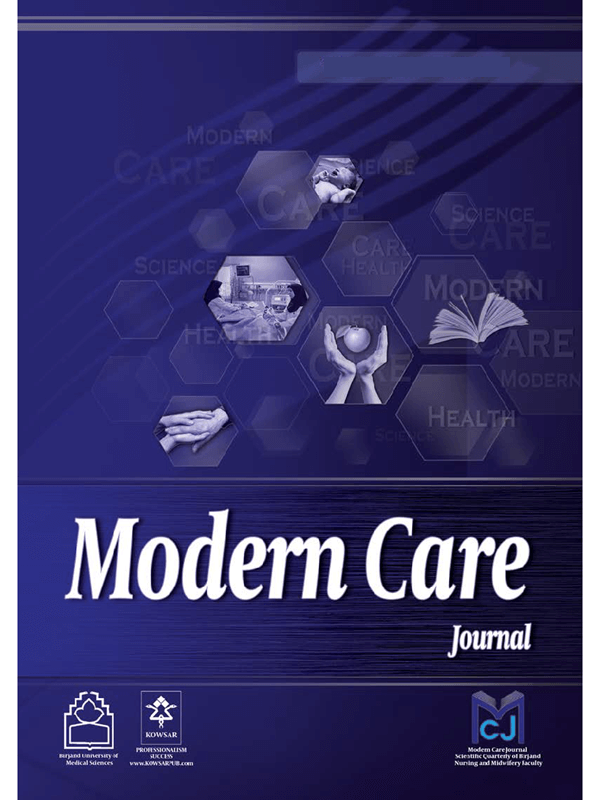
Efficacy of Saffron (Crocus sativus L.) in Premenstrual Syndrome, Labor, Childbirth, and Menopause: A Systematic Review of Clinical Trials
2023 May 09 Modern Care Journal Irani M, Rahmanian A, Soltani N
Systematic Review Saffron Premenstrual Syndrome Labour MenopauseSaffron shows promising improvements in dealing with women's health issues related to labor, childbirth, premenstrual syndrome and menopause.

Effectiveness of aromatherapy in reducing duration of labour: a systematic review
2022 Aug 18 Journal of Obstetrics and Gynaecology Ghiasi A, Bagheri L, Sharaflari F
Systematic Review Lavender Aromatherapy Labour InductionAromatherapy, specifically lavender, appears to be an effective, affordable, and holistic approach to reducing the length of labour in expectant women.
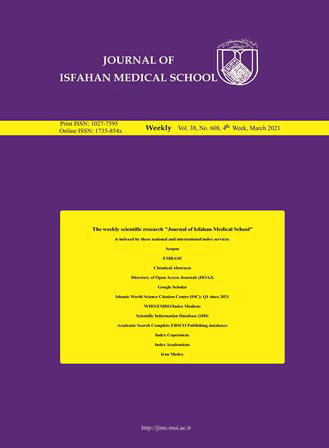
The Effect of Outpatient Herbal Drugs on Cervical Ripening and Onset of Labor: A Systematic Review and Meta-Analysis
2022 Mar 19 Journal of Isfahan Medical School Ghasemi M, Ebrahimzadeh-Zagami S, Ghavami V.
Systematic Review Meta-Analysis Date Fruit Labour Induction Castor Oil LabourAmong the mentioned plants, castor oil and date fruit have more evidence in cervical ripening and onset of labor.

Biophysical effects, safety and efficacy of raspberry leaf use in pregnancy: a systematic integrative review
2021 Feb 09 BMC Complementary Medicine and Therapies Bowman R, Taylor J, Muggleton S, Davis D
Systematic Review Review Article Labour Induction Raspberry LeafRaspberry leaf for childbirth, highlighting the lack of robust evidence on its effects, safety, and efficacy during pregnancy, emphasizing the need for more comprehensive research.
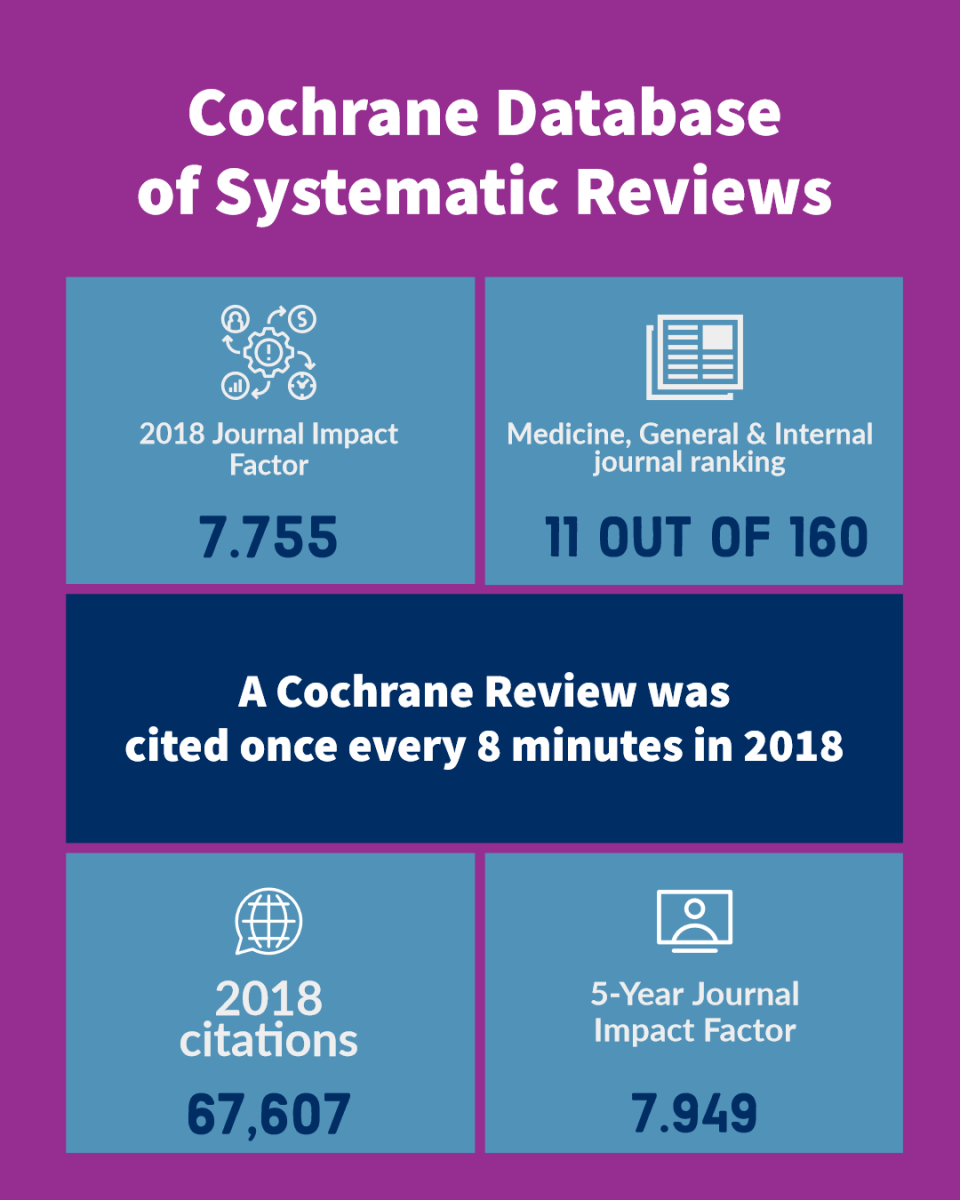
Acupuncture or acupressure for pain management during labour
2020 Feb 7 Cochrane Database of Systematic Reviews Caroline A Smith, Carmel T Collins, Kate M Levett, Mike Armour, Hannah G Dahlen, Aidan L Tan, et al.
Systematic ReviewAcupuncture and acupressure for labor pain.
Research insights are moderated by the Research Hub team and offer an at-a-glance overview of interesting research findings.

2023 Modern Care Journal
Saffron shows promising improvements in dealing with women's health issues related to labor, childbirth, premenstrual syndrome and menopause.
Systematic Review Menopause Premenstrual Syndrome Saffron
Efficacy of Saffron (Crocus sativus L.) in Premenstrual Syndrome, Labor, Childbirth, and Menopause: A Systematic Review of Clinical Trials
Irani M, Rahmanian A, Soltani N

2022 Journal of Obstetrics and Gynaecology
Aromatherapy, specifically lavender, appears to be an effective, affordable, and holistic approach to reducing the length of labour in expectant women.
Systematic Review Aromatherapy Labour Induction Lavender
Effectiveness of aromatherapy in reducing duration of labour: a systematic review
Ghiasi A, Bagheri L, Sharaflari F

2022 Journal of Isfahan Medical School
Among the mentioned plants, castor oil and date fruit have more evidence in cervical ripening and onset of labor.
Systematic Review Castor Oil Date Fruit Labour Induction
The Effect of Outpatient Herbal Drugs on Cervical Ripening and Onset of Labor: A Systematic Review and Meta-Analysis
Ghasemi M, Ebrahimzadeh-Zagami S, Ghavami V.

2021 BMC Complementary Medicine and Therapies
Raspberry leaf for childbirth, highlighting the lack of robust evidence on its effects, safety, and efficacy during pregnancy, emphasizing the need for more comprehensive research.
Systematic Review Labour Induction Raspberry Leaf
Biophysical effects, safety and efficacy of raspberry leaf use in pregnancy: a systematic integrative review
Bowman R, Taylor J, Muggleton S, Davis D

2020 Cochrane Database of Systematic Reviews
Acupuncture and acupressure for labor pain.
Systematic Review
Acupuncture or acupressure for pain management during labour
Caroline A Smith, Carmel T Collins, Kate M Levett, Mike Armour, Hannah G Dahlen, Aidan L Tan, et al.
Review Articles
Review articles summarise and critically evaluate the current state of research on a specific topic or field by synthesising multiple primary research studies.

Efficacy of Saffron (Crocus sativus L.) in Premenstrual Syndrome, Labor, Childbirth, and Menopause: A Systematic Review of Clinical Trials
2023 May 09 Modern Care Journal Irani M, Rahmanian A, Soltani N
Systematic Review Saffron Premenstrual Syndrome Labour MenopauseSaffron shows promising improvements in dealing with women's health issues related to labor, childbirth, premenstrual syndrome and menopause.

Effectiveness of aromatherapy in reducing duration of labour: a systematic review
2022 Aug 18 Journal of Obstetrics and Gynaecology Ghiasi A, Bagheri L, Sharaflari F
Systematic Review Lavender Aromatherapy Labour InductionAromatherapy, specifically lavender, appears to be an effective, affordable, and holistic approach to reducing the length of labour in expectant women.

The Effect of Outpatient Herbal Drugs on Cervical Ripening and Onset of Labor: A Systematic Review and Meta-Analysis
2022 Mar 19 Journal of Isfahan Medical School Ghasemi M, Ebrahimzadeh-Zagami S, Ghavami V.
Systematic Review Meta-Analysis Date Fruit Labour Induction Castor Oil LabourAmong the mentioned plants, castor oil and date fruit have more evidence in cervical ripening and onset of labor.
While the research shows that castor oil can be effective in labour induction, in practice, it is highly discouraged for pregnant women to consume castor oil by themselves due to the potential for overdosing and side effects. For labour induction, castor oil should not be used without medical supervision. —Jinnan C 8 Jan 2024

Biophysical effects, safety and efficacy of raspberry leaf use in pregnancy: a systematic integrative review
2021 Feb 09 BMC Complementary Medicine and Therapies Bowman R, Taylor J, Muggleton S, Davis D
Systematic Review Review Article Labour Induction Raspberry LeafRaspberry leaf for childbirth, highlighting the lack of robust evidence on its effects, safety, and efficacy during pregnancy, emphasizing the need for more comprehensive research.

Acupuncture or acupressure for pain management during labour
2020 Feb 7 Cochrane Database of Systematic Reviews Caroline A Smith, Carmel T Collins, Kate M Levett, Mike Armour, Hannah G Dahlen, Aidan L Tan, et al.
Systematic ReviewAcupuncture and acupressure for labor pain.
Clinical Trials
Clinical trials are research studies that involve people and are conducted to evaluate the safety and efficacy of new treatments or interventions, such as drugs, medical devices, or behavioural therapies.
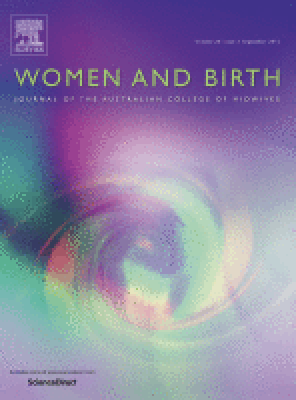
Labour pain control by aromatherapy: A meta-analysis of randomised controlled trials
2019 Aug Women and Birth Chen SF, Wang CH, Chan PT, Chiang HW, Hu TM, Tam KW, et al.
Meta-Analysis Randomised Controlled Trial Aromatherapy Labour PainAromatherapy significantly reduces labor pain and duration without impacting emergency caesarean section, membrane rupture, and the onset of spontaneous labor.
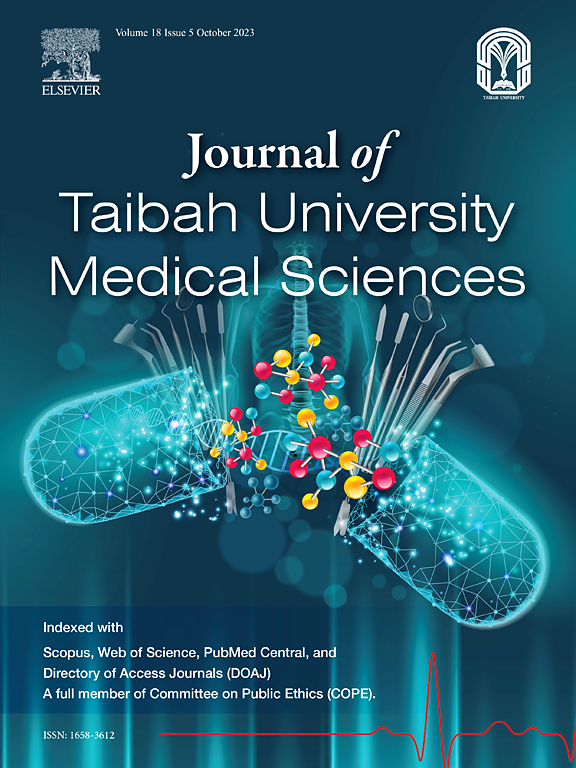
Effects of date fruit consumption on labour and vaginal delivery in Tabuk, KSA
2018 Dec Journal of Taibah University Medical Sciences Ahmed IE, Mirghani HO, Mesaik MA, Ibrahim YM, Amin TQ
Randomised Controlled Trial Date FruitConsumption of date fruits has a positive impact on the onset and progression of labour, whilst improving infant outcome.
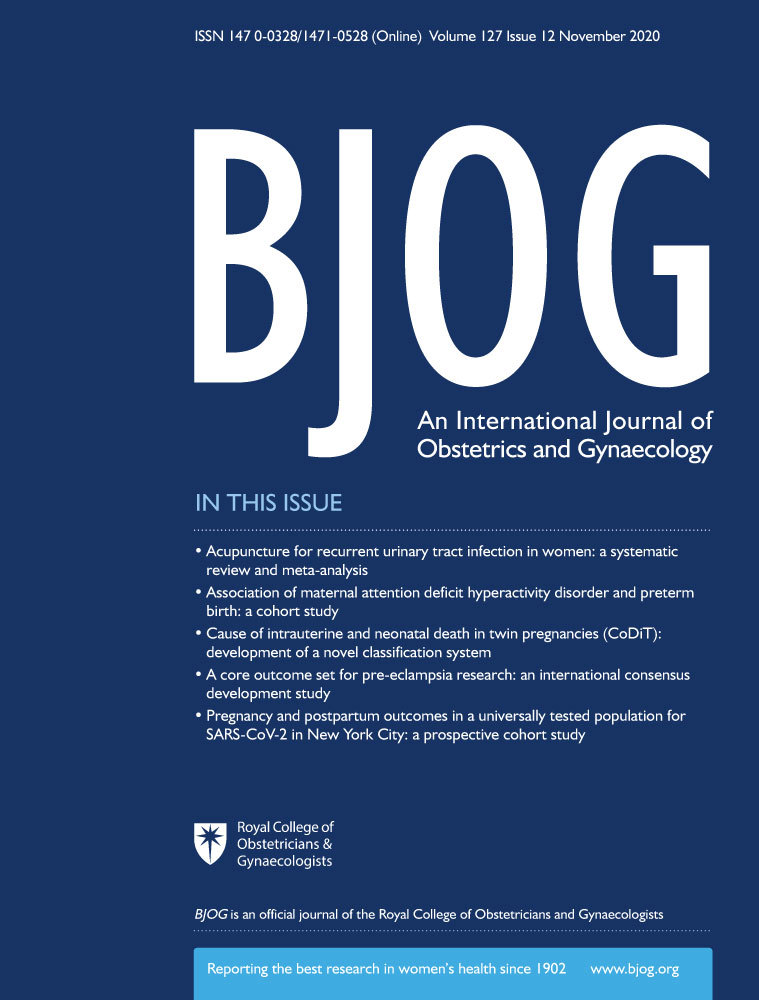
Acupuncture for pain relief during induced labour in nulliparae: a randomised controlled study
2011 Jan 18 BJOG: An International Journal of Obstetrics & Gynaecology MacKenzie, I., Xu, J., Cusick, C., et al.
This study demonstrated no analgesic benefit with acupuncture for pain relief during induced labour in nulliparae compared to the control group. There was a trend towards lower analgesic requirement and caesarean section with acupuncture but the differences were not convincing.
Randomised Controlled Trial Induced LabourStudy Protocols
Published study protocols are detailed plans that outline the objectives, methodology, statistical analyses, and organisation of a research study that have been made publicly available for others to review and use as a reference.
Presentation Slides

Systematic Review
Saffron shows promising improvements in dealing with women's health issues related to labor, childbirth, premenstrual syndrome and menopause.
Irani M, Rahmanian A, Soltani N

Systematic Review
Aromatherapy, specifically lavender, appears to be an effective, affordable, and holistic approach to reducing the length of labour in expectant women.
Ghiasi A, Bagheri L, Sharaflari F

Systematic Review
Among the mentioned plants, castor oil and date fruit have more evidence in cervical ripening and onset of labor.
Ghasemi M, Ebrahimzadeh-Zagami S, Ghavami V.

Systematic Review
Raspberry leaf for childbirth, highlighting the lack of robust evidence on its effects, safety, and efficacy during pregnancy, emphasizing the need for more comprehensive research.
Bowman R, Taylor J, Muggleton S, Davis D

Systematic Review
Acupuncture and acupressure for labor pain.
Caroline A Smith,Carmel T Collins,Kate M Levett,Mike Armour,Hannah G Dahlen,Aidan L Tan,Bita Mesgarpour

Meta-Analysis
Aromatherapy significantly reduces labor pain and duration without impacting emergency caesarean section, membrane rupture, and the onset of spontaneous labor.
Chen SF, Wang CH, Chan PT, Chiang HW, Hu TM, Tam KW, Loh EW

Randomised Controlled Trial
Consumption of date fruits has a positive impact on the onset and progression of labour, whilst improving infant outcome.
Ahmed IE, Mirghani HO, Mesaik MA, Ibrahim YM, Amin TQ
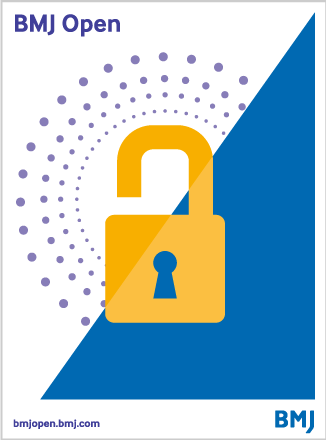
Systematic Review
Herbal medicines for labor induction show effectiveness
Zamawe C, King C, Jennings HM, Mandiwa C, Fottrell E

Systematic Review
Acupuncture and acupressure show potential for improving cervical readiness and certain birthing outcomes, their impact on reducing caesarean section rates remains inconclusive.
Smith CA, Armour M, Dahlen HG

Systematic Review
Acupuncture ineffective for labour pain relief:
S-H Cho, H Lee, E Ernst
Executive Summary
Write an executive summary in the form of a blog article on the topic of "Research into Chinese medicine treatment for Labour" summarising the research below and using language that can be easily understood by patients and avoiding medical jargon using a professional and caring tone of voice.
Write an executive summary in the form of a blog article on the topic of "Researched Chinese medicine treatments for Labour" summarising the research below in an objective and easy to understand way, and using language that can be easily understood by patients. Group the article into Chinese medicine treatments first, followed by nutrition and other treatments. Avoid using medical jargon and use a professional and caring tone of voice.
Write me a concise but easy to understand executive summary on the topic of "Chinese medicine treatments for Labour" based on the following research that I will give you. Your summary should be 2 paragraphs long in Australian English spelling and include references to the studies.
A Systematic Review published in 2023 in the journal Modern Care Journal found that Saffron shows promising improvements in dealing with women's health issues related to labor, childbirth, premenstrual syndrome and menopause. For the methodology, the investigators implemented a systematic review by utilizing the PICO process to explore various databases like PubMed, Scopus, Cochrane, among others, until February 2023. A strategically designed search was conducted using a set of keywords related to saffron and women's health conditions. From a pool of 164 articles, 20 randomized controlled trials that met the minimum score based on the Jadad scale were included in the study. In terms of results, the investigation revealed that saffron holds positive impacts on labor and childbirth, such as enhancing Bishop's score, fostering labor progression, and reducing labor pain intensity and fatigue. Moreover, it helps with episiotomy healing and ameliorates mood swings and psychological symptoms associated with menopause and premenstrual syndrome. The study also acknowledges some influence of saffron on postpartum depression.
A Systematic Review published in 2022 in the journal Journal of Obstetrics and Gynaecology found that Aromatherapy, specifically lavender, appears to be an effective, affordable, and holistic approach to reducing the length of labour in expectant women. The research executed a systematic review of clinical trial studies regarding the use of aromatherapy in labour augmentation, sourced from diverse databases including Cochrane, Scopus, Web of Science, PubMed, ProQuest, Google scholar, Irandoc, Science direct, Magiran and Sid up until September 2021. 22 articles meeting the inclusion criteria were examined, with the reported experiences of 3234 women who employed a variety of aromatherapies forming the analysis base. In discussing the results, it was observed that certain aromatherapies notably lavender, showed efficacy in decreasing labour time for women. However, the paper emphasized the importance of prudent use of aromatherapy, most probably owing to the varying individual responses and potential for allergic reactions to such holistic interventions.
A Systematic Review published in 2022 in the journal Journal of Isfahan Medical School found that Among the mentioned plants, castor oil and date fruit have more evidence in cervical ripening and onset of labor. 16 articles that met the inclusion criteria were reviewed. Meta-analysis was only possible on castor oil and date fruit. The chance of spontaneous onset of labor in was 5.760 and 2.205 times the castor oil and date groups, respectively. Moreover, the increase in bishop score in castor oil group was 2 times higher than the control group. The results of funnel plot and Egger test found no evidence of publication bias (P = 0.710). Peganum, Sisymbrium, chamomile, and saffron were effective in cervical ripening and onset of labor. Evening primrose was effective on Bishop score, but had no effect on spontaneous onset of labor. Red raspberry leaves were not effective in spontaneous onset of labor.
A Systematic Review published in 2021 in the journal BMC Complementary Medicine and Therapies found that Raspberry leaf for childbirth, highlighting the lack of robust evidence on its effects, safety, and efficacy during pregnancy, emphasizing the need for more comprehensive research. This study aims to assess the evidence regarding the effects, safety, and efficacy of raspberry leaf in pregnancy-related contexts. The systematic integrative review analyzes 13 studies, spanning animal and human research, showcasing raspberry leaf's biophysical impact on uterine muscle. While evidence is limited, human studies indicate no significant harm or benefit, though one suggests a potential reduction in second stage labor duration and labor augmentation. Further research is warranted to better understand raspberry leaf's effectiveness in pregnancy.
A Systematic Review published in 2020 in the journal Cochrane Database of Systematic Reviews found that Acupuncture and acupressure for labor pain. This review of 28 trials encompassing 3960 women assessed the efficacy of acupuncture and acupressure in managing labor pain. Results indicate that acupuncture may enhance pain relief satisfaction and reduce analgesic use. Acupressure, compared to combined control or usual care, may decrease pain intensity. However, evidence quality varies, emphasizing the need for further high-quality research including sham controls, and exploring additional outcomes like sense of control in labor and overall childbirth satisfaction.
A Meta-Analysis published in 2019 in the journal Women and Birth found that Aromatherapy significantly reduces labor pain and duration without impacting emergency caesarean section, membrane rupture, and the onset of spontaneous labor. Researchers undertook a meta-analysis of randomized controlled trials for determining the efficacy of aromatherapy in mitigating labor pain and reducing its duration. Various academic and scientific databases such as PubMed, EMBASE, Cochrane Central Register of Controlled Trials, Google Scholar, and Clinicaltrials.gov were employed to find relevant trials. A total of 17 trials involving low-risk laboring women were identified and included in the meta-analysis. Observations from the meta-analysis revealed that aromatherapy effectively alleviated labor pain during the transition phase and reduced the periods of active phase and third stage labor. Additionally, a trend of decreasing duration was noticed during the second stage. Notably, aromatherapy did not have any marked effects on emergency caesarean sections, membrane ruptures, or the initiation of spontaneous labor, indicating its general safety for expectant mothers. However, the diversity of outcomes across different trials was noted.
A Randomised Controlled Trial published in 2018 in the journal Journal of Taibah University Medical Sciences found that Consumption of date fruits has a positive impact on the onset and progression of labour, whilst improving infant outcome. The research involved a controlled clinical study where 89 participants were selected at random. These participants were then divided into three groups with varying consumption levels of date fruits. 26 participants ate date fruits alone, 32 participants consumed date fruits followed by water consumption, whilst the remaining 31 participants served as a control group without any consumption of date fruits. The study's results showed a notable positive effect on the labour process for those who consumed date fruits. These effects were most significant during the first and third stages of labour. Additionally, improvements were observed in certain well-being indicators for babies, including healthier amniotic fluid, foetal heart rate, presence of caput, and the APGAR score at 5 minutes. However, no noticeable relationship was found between date fruit consumption and other maternal and foetal well-being factors during labour. There were also no significant differences observed in specific labour progression aspects, such as the dilation of the cervix, rupture of membranes, strength and consistency of uterine contractions, tocometric reports, and maternal progression factors. Notably, the infants of mothers who consumed date fruits scored higher on the APGAR test at 5 minutes post-birth.
A Systematic Review published in 2018 in the journal BMJ Open found that Herbal medicines for labor induction show effectiveness This systematic review and meta-analysis assesses the efficacy and safety of herbal medicines for labor induction. Among 1421 papers, only 10 met eligibility criteria. Users of herbal medicine for induction were more likely to give birth within 24 hours than non-users, but no significant differences were found in caesarean section rates, assisted vaginal delivery, hemorrhage, meconium-stained liquor, and nursery admission. The efficacy is suggested, yet safety remains inconclusive due to limited high-quality data. Caution in using herbal medicines for induction is advised until safety concerns are addressed, emphasizing the need for more research to establish safety.
A Systematic Review published in 2017 in the journal Cochrane Database of Systematic Reviews found that Acupuncture and acupressure show potential for improving cervical readiness and certain birthing outcomes, their impact on reducing caesarean section rates remains inconclusive. The study evaluates the efficacy and safety of acupuncture and acupressure for third-trimester cervical ripening or labor induction. Of the 22 trials analyzed, acupuncture's effect on caesarean sections remains inconclusive, while electro-acupuncture appears to influence birthing outcomes like cesarean section rates, instrumental vaginal birth, and spontaneous vaginal birth. The quality of evidence varies, and more comprehensive trials are required to establish their effectiveness and potential safety.
A Systematic Review published in 2010 in the journal BJOG: An International Journal of Obstetrics & Gynaecology found that Acupuncture ineffective for labour pain relief: A systematic review and meta-analysis assessed acupuncture's efficacy in relieving labor pain. Ten randomized controlled trials involving 2038 women were analyzed. Acupuncture showed no significant superiority over minimal acupuncture at 1 and 2 hours post-treatment. Electroacupuncture demonstrated temporary pain reduction at 15 and 30 minutes compared to placebo, but effects weren't sustained. When compared to no intervention, acupuncture provided only an 11% reduction in pain for the initial 30 minutes. However, in trials against conventional analgesia, acupuncture led to reduced meperidine and other analgesic use. Overall, evidence doesn't strongly support acupuncture for labor pain, urging further research.
Moderation Tools
Topic
Sign In
Users not signed in are limited to viewing the 5 most recent items of content.
While the research shows that castor oil can be effective in labour induction, in practice, it is highly discouraged for pregnant women to consume castor oil by themselves due to the potential for overdosing and side effects. For labour induction, castor oil should not be used without medical supervision. —Jinnan C 8 Jan 2024